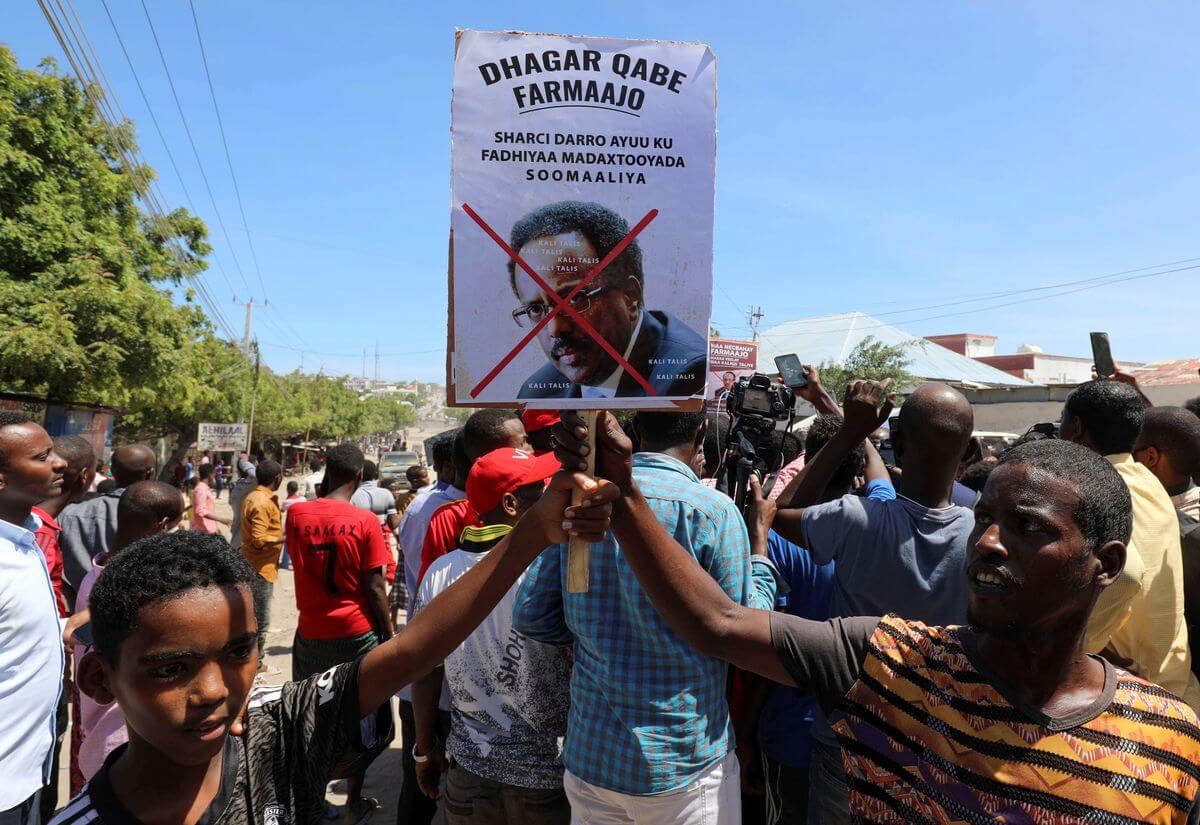On Tuesday, Somalian Foreign Minister (FM) Mohamed Abdirazak told the United Nations Security Council (UNSC) that the Somali federal government had reached an agreement with the regional states on holding the delayed national elections.
“We have now reached an agreement that will lead Somalia to free and fair elections. Going forward Somalia needs to have a predictable transition based on elections that is inclusive, credible, free, and fair,” Abdirazak told the UN. “The negotiation process has not been easy, and this demonstrates how vital consensus remains, and without consensus how fragile peace in Somalia is, and how fragile our institutions of government remain.”
Last week, Somali Prime Minister Mohamed Hussein Roble met with the presidents of the five Federal Member States (FMS) of Somalia—Galmudug, Hirshabelle, Jubaland, Puntland, and South West—to discuss their concerns about how the elections would be held. Abdirazak also said that it was decided to form a new election committee, whose absence had prevented the election of new legislators in December. The FM added that other contentious points were being discussed and it is expected that more details will be available in the coming days.
UN Special Representative for Somalia and Head of the UN Assistance Mission in Somalia (UNSOM) James Swan welcomed the dialogue among different factions in Somalia to reach an agreement regarding the conduct of elections. “Without such an agreement, and the goodwill and sincerity to implement it, the gains which have been made in recent years may be reversed, risking further instability and insecurity,” Swan said on Tuesday. The UNSOM chief also urged all sides to find a lasting solution at the meeting, which he described as a “historic moment” for Somalia.
Last month, the lower house of Somalia’s parliament voted to extend the mandate of President Mohamed Abdullahi Mohamed, popularly known as Farmaajo, by two years, despite his term ending in February. The parliament’s decision was condemned by Somalia’s opposition parties and was rejected by the country’s upper house. The move was also criticised by the international community, including the UN, United States (US), and the European Union (EU).
Towards the end of April, violent clashes erupted in the Somali capital of Mogadishu between armed forces opposed to Farmaajo and loyalist government troops. Facing international pressure for risking another civil war in Somalia, Farmaajo called for fresh elections in April and decided not to extend his term. He asked the lower house of Parliament to reverse its original and called on lawmakers to prepare for a meeting to reach an agreement regarding the conduct of elections.
Somalia Reaches Agreement With Regional States on Delayed Elections
The agreement comes amid a political crisis in Somalia following the parliament's decision to extend President Mohamed Abdullahi Farmaajo's term by two years in April.
May 27, 2021

Protestors demonstrate against Somali President Mohamed Abdullahi Farmaajo in Mogadishu on 25 April, 2021 SOURCE: REUTERS
